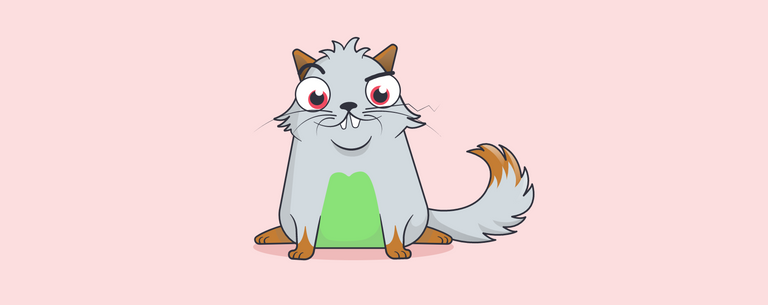
Just recently, I joined a gathering of Bitcoin enthusiasts. At these meetings, we discuss much more than just Bitcoin. While a certain percentage of the attendees are Bitcoin or bust, many are interested in alt coins and blockchain technology as a whole.
One discussion that came about was the potential uses of blockchain technology; more particularly, how it might replace the internet. I thought this unlikely but fascinating. So, I did a little research to better educate myself and better judge whether blockchain technology really could disrupt or replace companies like Google or Facebook or... everything.
My conclusion, I still don't know, but I have found some interesting use cases. To start, Steemit and D-Tube. Why post on Facebook and help Mark Zuckerberg get richer when you can get paid for great posts? OK, maybe Facebook is good for sharing photos and experiences and less of a blog, but maybe Steemit or another social media site built on the blockchain could have the qualities of Facebook while giving users the opportunity to earn coins for their contributions. How about D-Tube? Instead of getting paid with ads, video creators can get up-votes and make some money.
Next, Brave browsers. This is a new and interesting idea where users can surf the web and not be bombarded with advertisements. Users can actually donate tokens to the creator of the website they are viewing. Right now, Brave uses Basic Attention Tokens (a.k.a. BAT). Maybe people will start migrating from Chrome, Safari, and Firefox to Brave. No ads and the chance of getting paid are great incentives.
There’s more: Digital collectibles and art. Think of it like this; if I create a beautiful digital art piece and email it to you, how much would it be worth? Virtually nothing. If I have the art and you have the art and then more people get the art, it might be beautiful, but it is not worth much. Sure, I could put a low-resolution sample online and sell it to those interested, but I could sell as many as I like. Furthermore, the buyers could copy my art and give it to somebody else. What if I put the art on the blockchain and only created a few pieces? Or just one piece? The value of my artwork would increase. This concept is already being explored with CryptoKitties. These simple digital cats are scarce and worth money – at least, they are now, who knows what the future will hold. Go to the website and search for the most expensive cat (hint: as of the date of this post, it is worth $117,569,000). Digital baseball cards anybody?

Most expensive CryptoKitty
Then there is the Internet of Things (IoT). IoT basically means devices, appliances, vehicles, and other electronical “things” can be controlled from afar by other “things” or people. For example, a mom who rushes out the door to take her kids to school can make sure her air-conditioner is turned off while she is out and not have to rush home to double check. “Things” can also talk to “things”. A bracelet sensor can tell the coffee pot that you have woken up; hence, your coffee will be waiting for you in the kitchen. Blockchain can provide a settlement system for all these exchanges.
The most obvious change – and originally use case – finance. Not just Bitcoin, but other currencies that can facilitate transactions without the need for a middle man. The days of using PayPal or inputting your personal information and credit card number could come to an end. Even Peter Thiel, the co-founder of PayPal, is heavily invested in Bitcoin.
I could go on, but I will stop here. I still need to learn and understand the impact this technology is going to have on society. I don’t think Satoshi Nakamoto could have even imagined all this could have come from his creation of Bitcoin.
So, maybe my friend at the meeting was right. Blockchain will overtake the internet.